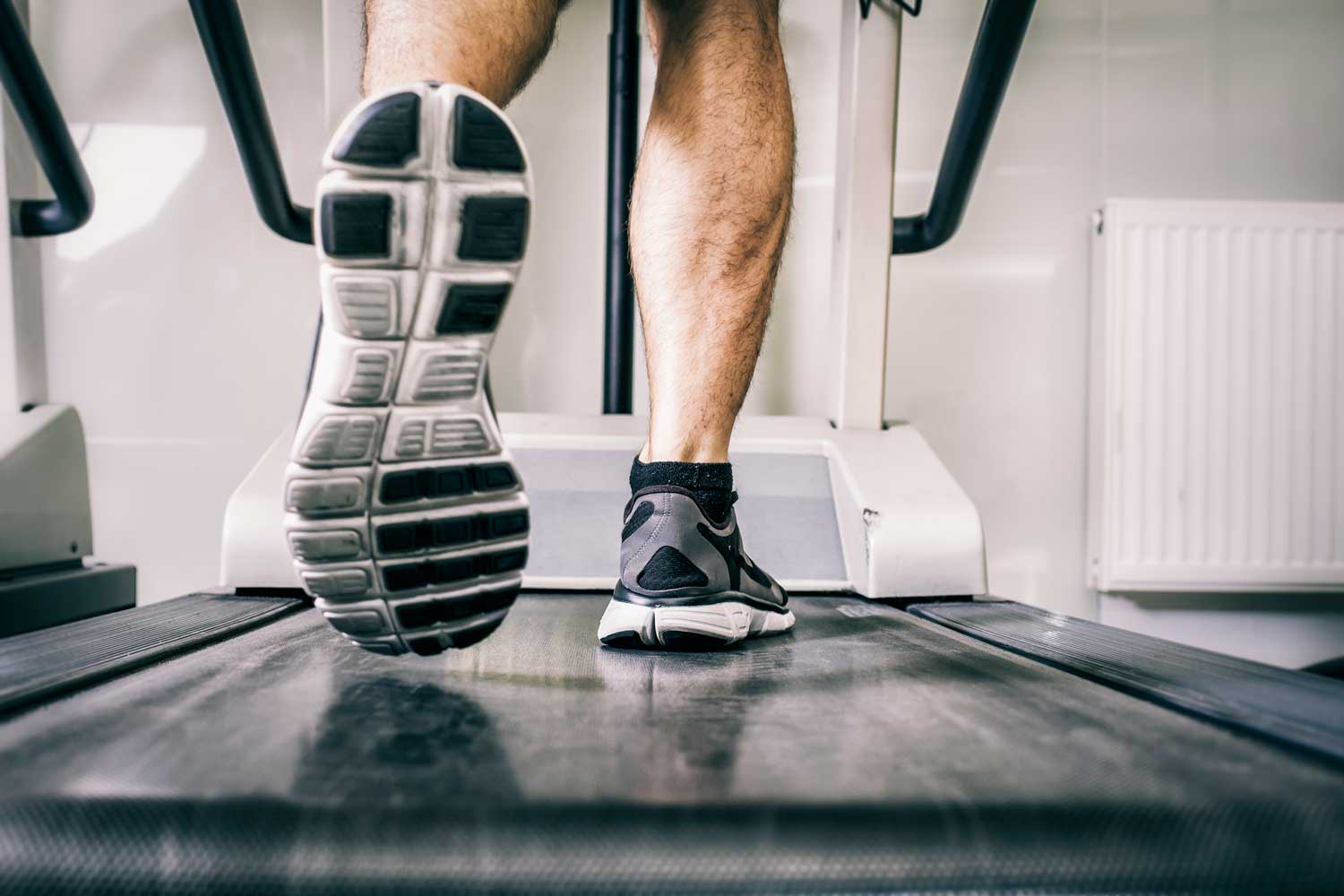
For any active person, injury is likely familiar territory. Even so, it’s one we would like to avoid at all costs as to find ourselves confined to the couch, our once graceful strides reduced to a painful hobble, is something we feel in our very soul. Injury doesn’t just question our mental resilience, if your sport is a huge part of who you are – injury will question your very identity. But while recovery and rehab get a lot of attention in the injury space, knowing how to dial into your nutrition is an area that’s often overlooked and can prove quite vexing for anyone that lives by the mantra “food is fuel”.
There are conflicting thoughts on how best to fuel when you’re recovering from injury. Some believe it’s logical to eat less as you’re doing less training, while others believe you should consume more calories in an effort to aid recovery. According to research though, the sweet spot lies somewhere in the middle and it’s important to view food as a source of pleasure during this difficult time, rather than see it as an added stress.
Consume enough calories
Most importantly, don’t starve yourself. Ensure you’re eating enough because believe it or not, healing demands energy. Even if you’re moving less than normal, your heart rate still speeds up in response to tissue damage, pain, and anxiety. The site of your injury also swells as blood flow increases to that area, and the body ramps up the production of cytokines – a type of protein that helps combat inflammation. To keep up with all this, your metabolism increases too.
While the exact number of calories your body demands will depend on the type of trauma experienced from injury, ultimately your energy needs are likely to have increased at the onset of injury. Food should be a priority, not limiting your calories.
Remove the fear of weight gain
Most fear injury will see them gain weight and while eating exactly as you did pre-injury might lead to a change in body competition, this fixation on calorie deficits and limiting food intake can actually see you recover far slower than competitors.
It’s important to keep in mind that marginal differences in weight are typical across a season for most athletes – even Tom Brady has an off-season, after all. The main priority during this time should be ensuring adequate nutrition to avoid nutrient deficiencies and promote healing within the body.
Embrace change
Much like your diet would change over a taper week, nutritional needs change when injured. The body goes through three widely accepted phases of healing: inflammation, when your immune system is activated; proliferation, when the body builds new tissue and restores blood vessels; and remodelling, when traumatised areas mature and regain strength.
During phase one of inflammation, nutritionists recommend eating balanced meals with plenty of whole foods, especially fresh fruits and veggies. Turmeric also is beneficial for its anti-inflammatory properties. You should reduce your intake of refined carbs, simple sugars, trans fats, and alcohol – all of which promote inflammation.
During proliferation and remodelling, it’s crucial to ensure you’re getting adequate calories in your diet, particularly when it comes to ample protein, complex carbohydrates, and healthy fats.
Bump up the protein intake
As mentioned above, protein is essential to maximise muscle protein synthesis. If you don’t consume enough, your healing will take longer and inflammation will increase. Nutritionists advise one gram of protein per pound of body weight per day while recovering from an injury. This can be spread throughout the day, with protein being incorporated into each meal.
Interestingly, getting a hit of protein before bed is also helpful. A study published in 2016 in the journal Nutrients found that eating protein immediately before sleep can stimulate muscle protein synthesis as well as adaptation from that day’s training.





















